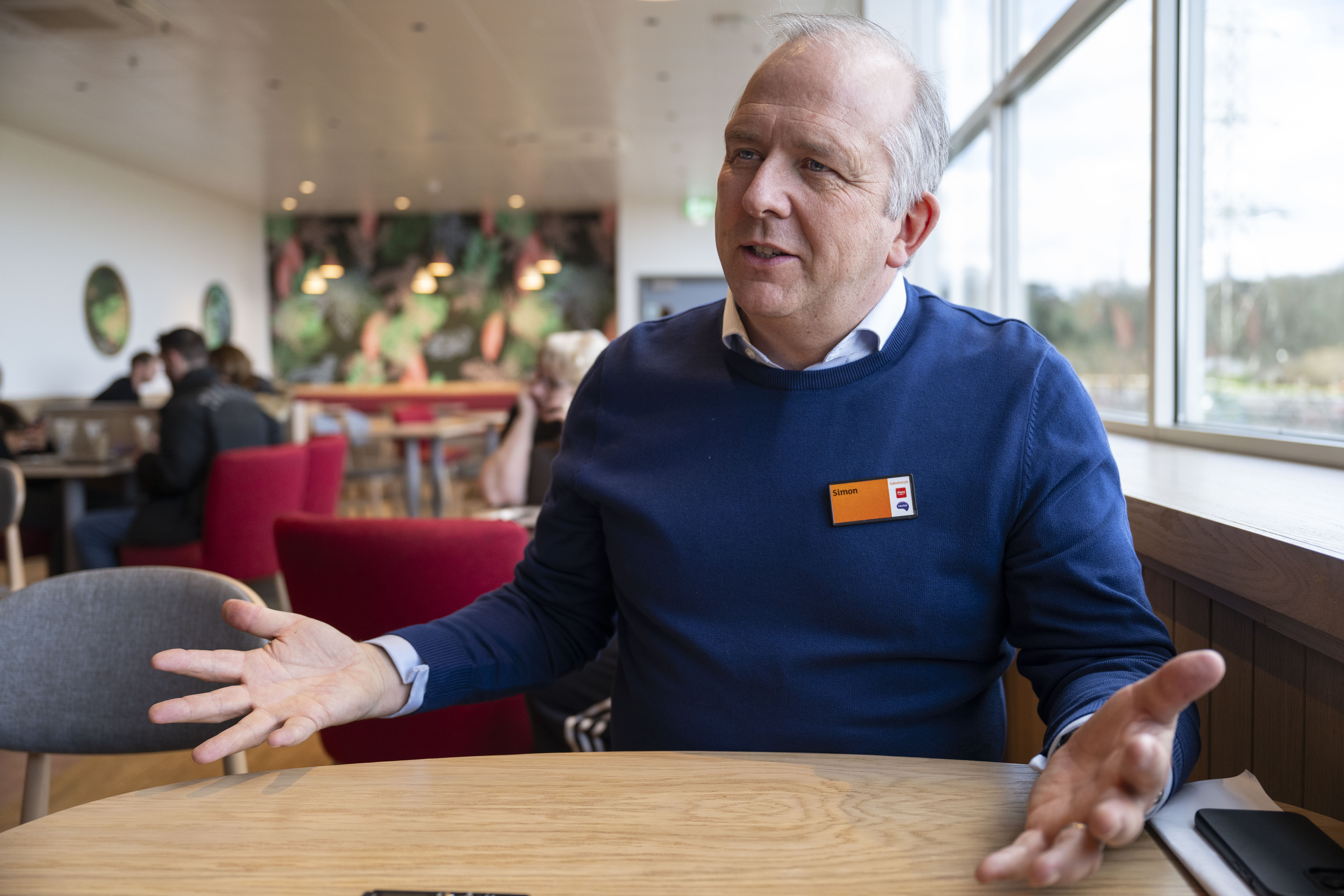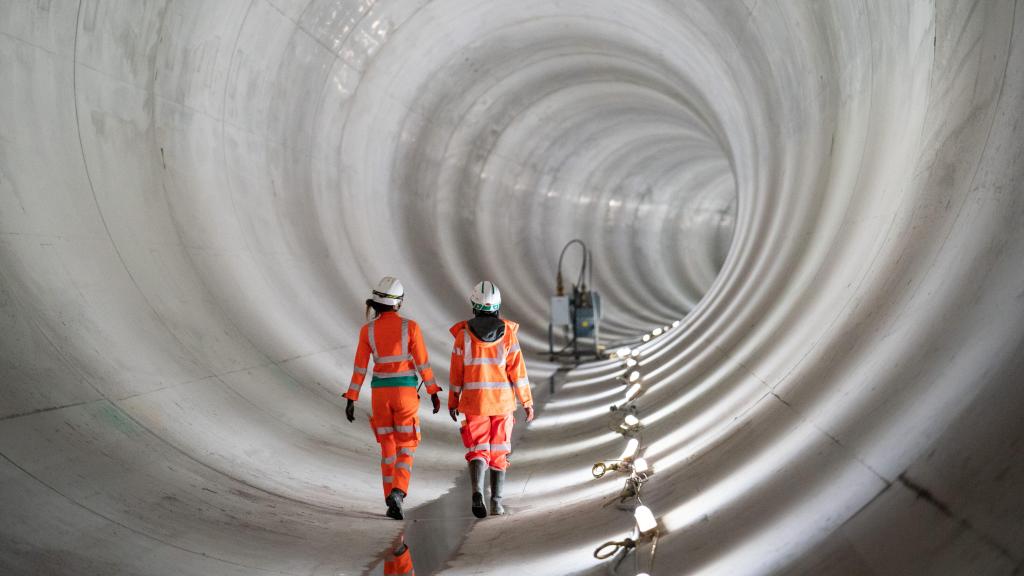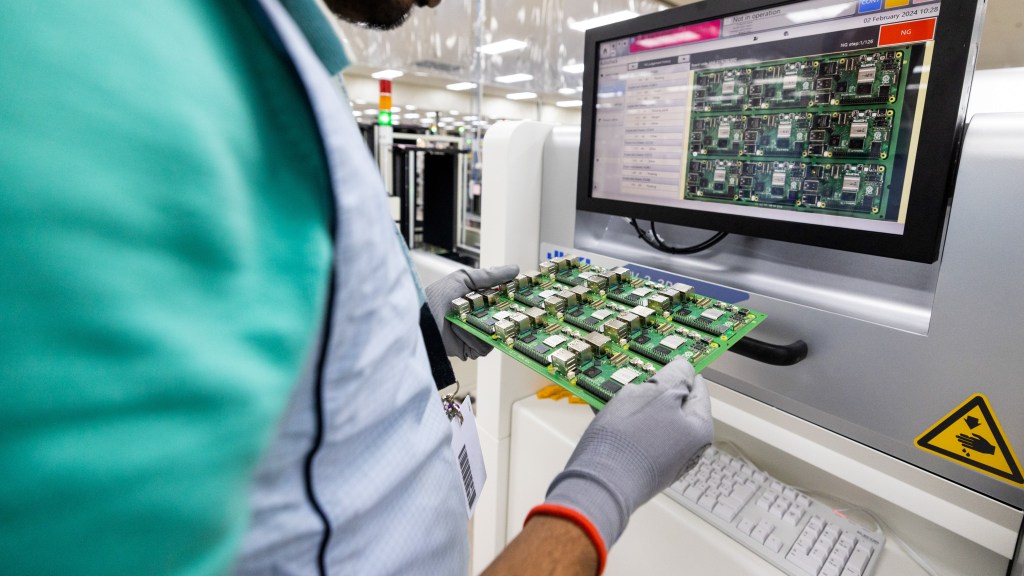Stuart Machin’s Salary at Marks & Spencer Increases to £7.1 Million
The compensation for Stuart Machin, the chief executive of Marks & Spencer, has surged to £7.1 million, largely attributed to the retailer’s enhanced performance prior to a cyberattack that is anticipated to reduce profits by £300 million.
In the year leading to March, Machin’s remuneration saw a 39 percent increase, driven by a boost in performance-linked bonuses.
Machin’s efforts to revitalize the company were yielding positive results until a cyber incident occurred over the Easter weekend, which resulted in a loss of £1 billion in market value.
The reported salary comprises £4.6 million in performance-based bonuses that are not accessible for at least two years, along with a £1.6 million bonus tied to M&S’s annual performance, and approximately £894,000 from fixed salary and pension benefits.
The retailer noted a 22 percent rise in its preferred profit measure, reporting a pre-tax profit of £875.5 million for the fiscal year ending March, marking its highest level in over 15 years.
Stuart Machin, at the age of 55, has emphasized the necessity of simplifying operations, reinvesting in essential categories, and revamping the store network. Last month, he stated that the company is in its best financial condition in nearly three decades and is on track to “double the size of our food business.”
M&S’s shares reached a nine-year high in April before the cyberattack, which originated from a third-party service provider and caused significant disruptions in online orders and product availability, particularly affecting M&S’s clothing and home sectors. The company admitted that online operations were “heavily impacted,” leading to delays in new season stock and decreased in-store availability.
Some of the value lost post-attack has been recovered, and M&S is expected to file a claim for £100 million from its insurers. Machin, who noted his “accountability” for guiding M&S through these challenges, faces the possibility of having over £1 million deducted from his salary depending on the company’s share price trajectory.
The company stated that “CEO pay… reflects performance against challenging pre-set targets” and highlighted Machin’s compensation as reflective of the strong performance and expansion of M&S under his direction in the past three years.
Furthermore, they noted, “More than 75 percent of Stuart’s pay consists of long-term and deferred share awards, which are subject to waiting periods and contingent upon future stock performance.”
In related news, Simon Roberts of Sainsbury’s also experienced a pay increase, with his total compensation reaching £5.2 million for the year ending March 1, up from £4.8 million previously, as the retailer reported underlying profits of £1 billion, a 7.2 percent rise.

At JD Sports, Régis Schultz received £2 million for the fiscal year ending February 1, compared to £1.6 million the previous year. The sports fashion retailer announced plans to introduce a new, more generous remuneration policy, which is currently under development following discussions with shareholders, to be presented at its annual meeting in July.
While several UK executives are enjoying substantial pay hikes, these figures remain modest in comparison to their American counterparts. The Wall Street Journal’s annual executive pay analysis revealed that half of the surveyed executives earned $17.1 million or more last year, an increase from $15.8 million in the previous year.
Rick Smith, a co-founder of the Taser stun gun manufacturer, led the list with a staggering pay of $165 million.




Post Comment